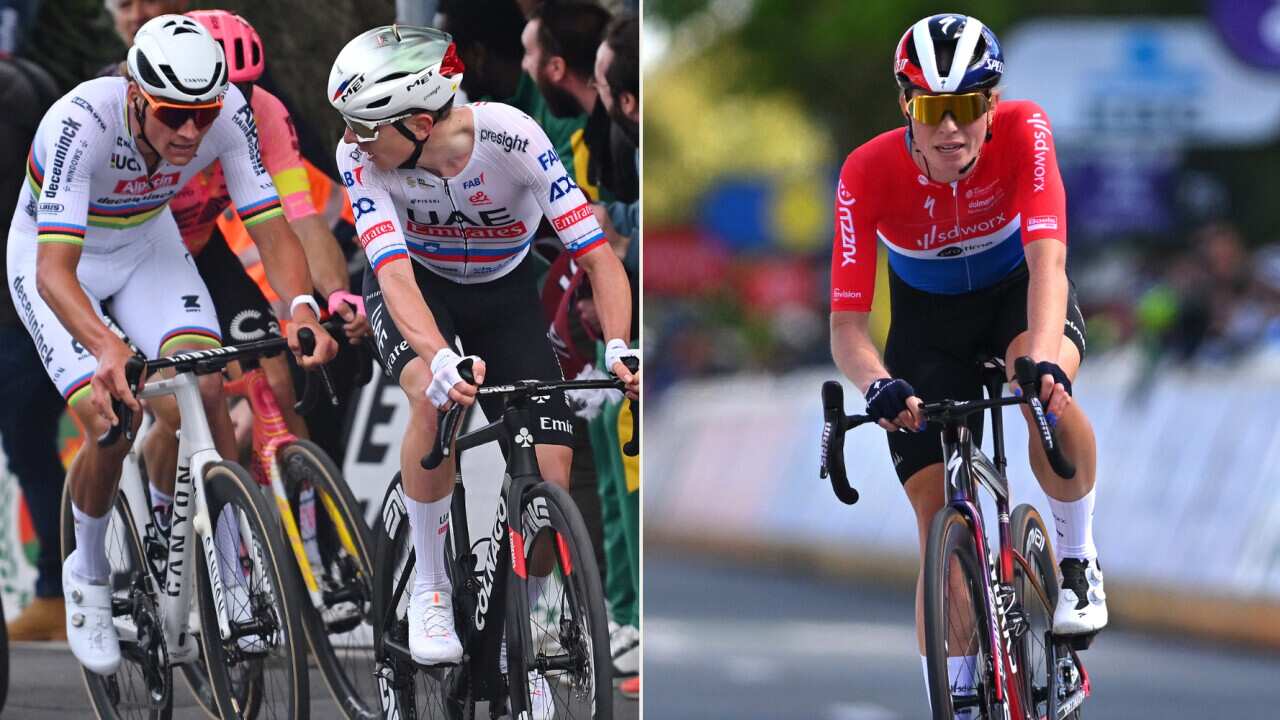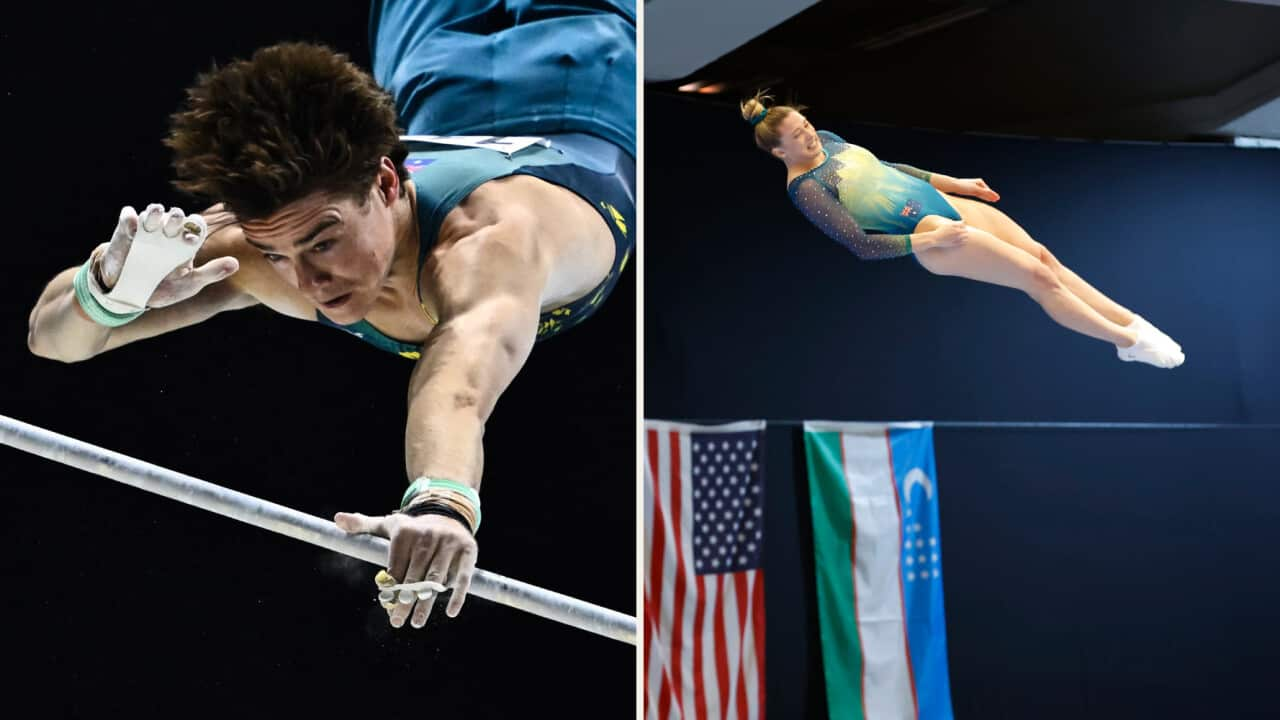For nearly a century, the Australian national football team has drawn players from more than 40 nations.
Some, like Argentina-born Oscar Crino and Hungary-born Attila Abonyi, arrived as young children. Others, such as Ray Richards, Charlie O'Connor and Doug Stewart, arrived as adults from England, South Africa and Burma respectively.
Zeljko Adzic, who was born in Croatia, had the rare distinction of playing for both Australia and Croatia, after the latter was recognised by FIFA and UEFA in 1993.
This incredible diversity is laid bare in the recently-published Encyclopedia of Socceroos, compiled by FFA statistician Andrew Howe. At 376 pages and weighing almost two kilos, the encyclopedia profiles every national team player since 1922, and illustrates how many of these men fled war, economic hardship and revolution to settle in Australia.
"I was fascinated by Nick Sokoloff's story," Howe said. "Not only is he our only Russian Socceroo, he was also born in Shanghai, which makes him the only Socceroo to be born in China."
Many Socceroos have an immigrant story. Nick Sokoloff's family, however, were forced to flee twice. First, they fled from the Russian Revolution of 1917 and the ensuing Civil War that pitted communists against the monarchists.
Then, after settling among the Russian exile community in China, the communists seized power in the Chinese Revolution and sent the family packing once more.
The Sokoloffs arrived in Australia on June 1949, when Nick was just 12 years old. The family's first port of call was the Greta migrant camp in Newcastle, which processed more than 100,000 refugees between 1949 and 1960.
In 1951, a group of migrants from the camp formed a football team - Newcastle Austral. Sokoloff, a goalkeeper, soon became one of their star players.
"I actually knew of Nick because my brother followed soccer, even though I didn't know him personally," remembered his wife, Maria.
In 1958, Nick and Maria met at a dance and soon fell in love.
"He seemed to pursue me," Maria said. "He asked me to dance, then he asked me out, and that was it. He was a great talker."
At first Maria had trouble introducing Nick to her mother, who was Ukrainian and disliked Russians.
"She chased him out with a broom when I first brought him home. I said, 'well, it doesn't matter Mum, I'm going to marry him'."
After Nick, who is Orthodox, agreed to a Ukrainian Catholic wedding ceremony, they were married in Newcastle in January 1959.
Later that year, Sokoloff made his one and only appearance for Australia - a non-A international match against the touring Scottish club, Heart of Midlothian - before being signed by St. George-Budapest in Sydney.
Maria said that Nick was "very, very proud" to have represented Australia.
Young, good-looking and eager to integrate into their new homeland, Nick and Maria moved to Sydney and raised three children. Their lives would be forever intertwined with Australian football, as the family followed Nick to matches all around Sydney.
Yet his greatest contribution to Australian football was not as a player, but as a coach. Two of his students, Jim Fraser and Mark Schwarzer, helped the Socceroos qualify for Australia’s first two World Cup appearances in 1974 and 2006 respectively.
While Jack Reilly was the Socceroos' No.1 at the 1974 World Cup, it was Fraser who played in the crucial qualifying matches against Iran and South Korea in 1973. Sokoloff was Fraser's mentor during that period.
"I actually played my best football when he was coaching me," Fraser said. "He really pushed me to the next level, because he was never happy. He always wanted that extra little bit of sweat and blood out of you. He just wanted you to be the best you could be."
Fraser, who now runs a goalkeeping academy in Sydney, believes that goalkeeper coaches are judged on the performances of their players.
"Nick's keepers didn't play bad," he said.
During the 1990's, Sokoloff was the goalkeeper coach at Marconi-Fairfield, one of Australia's most successful clubs. There he mentored Bob Catlin - who played more than 300 games in the National Soccer League as well as a few seasons in England - and a young Schwarzer.
"I'd regard him as the best goalkeeping coach I had," said Catlin, who is now a goalkeeper coach at Manly United.
"I had my best years when I worked under him. His goalkeepers were always ready to play. That's what I took from him into my coaching."
Sokoloff's favourite pupil, though, was Schwarzer - arguably Australia's greatest goalkeeper of all time. To this day, the Sokoloff household has a signed poster of Schwarzer and one of his jerseys framed on the wall.
"It was at Marconi that I first came under the goalkeeping guidance of Nick Sokoloff," Schwarzer wrote in his 2006 autobiography.
"He remains a great mentor to me, and a man who gave me so much knowledge about the art of keeping."
Andy Harper, a Fox Sports commentator who played with Marconi in the 1990's, said Sokoloff had a "fantastic appetite" for the game.
"What I remember about Nick was that someone of such limited height could do so well as a goalkeeper.

"That was the first thing. Another thing about Nick was his incredible passion for his team. His energy as a goalkeeper coach was incredible.
"My overwhelming impression of Nick Sokoloff was as a fierce competitor who expected a lot of the people who were under his care.”
These days, Sokoloff is unable to watch football. For the last few years he has been suffering from Alzheimer's disease. It was Maria who encouraged him to see a specialist, and she now dotes on him in sickness just as she did when he was in good health. Next year, they will celebrate their 60th wedding anniversary.
Although dementia will stop Sokoloff from watching the World Cup in his native Russia, his daughter Kathy - who was born on the day he helped St. George-Budapest win the Ampol Cup in 1967 - will travel to her father’s homeland for the tournament.
Maria, meanwhile, will watch the games from her home in Sydney.
“Kathy asked me to go,” she said, “but I’m too old. And I couldn’t leave Nick.”













